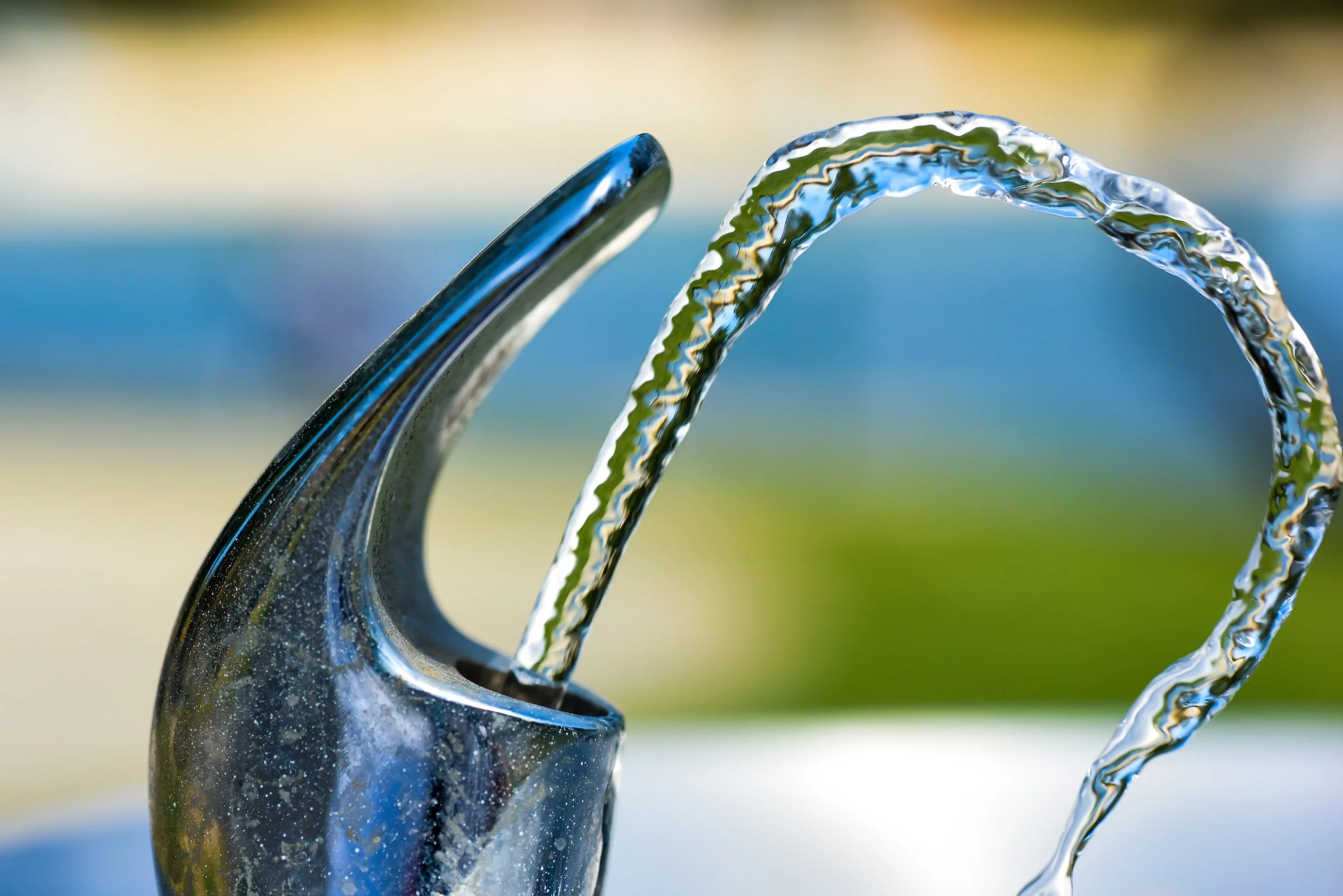Health Through Hydration
Would You Believe That Most Australians Are Chronically Dehydrated?
As a naturopath, one of my go-to questions is, 'How much water do you drink?'
And you know what the overwhelming response is?
'Probably not enough!'
It's interesting to me that even those of us who know we should drink more water still struggle with it!
So, I thought we should take a closer look at why staying properly hydrated is so important and how drinking water (or not) can impact your health.
The Hidden Epidemic of Chronic Dehydration
Chronic dehydration is a silent epidemic affecting millions of Australians. Even though our beautiful country is abundant in natural freshwater water sources, many of us aren't getting enough of this life-giving elixir.
Studies have shown that up to 75% of Australians are dehydrated to some extent, which can lead to a range of health issues, including fatigue, poor concentration, and even chronic conditions like kidney stones [^1^].
The Connection Between Hydration and Health
Proper hydration isn't just about quenching your thirst. As humans are roughly 60% water, adequate hydration is the key to unlocking your full health potential.
So how does hydration impact your health?
Digestive Health: Research has indicated that adequate hydration supports optimal digestion, helping your body break down food more effectively. Staying hydrated also ensures that nutrients including oxygen are easily transported to the tissues and organs [^2^].
Cognitive Function: Staying hydrated has been linked to improved cognitive function, enhancing your ability to focus and think clearly [^3^].
Skin Radiance: Hydration also plays a crucial role in maintaining healthy, radiant skin, reducing the risk of premature aging [^4^].
Weight Management: Studies suggest that drinking water between meals can aid in weight management by helping you feel full and reducing calorie intake [^5^].
Temperature Regulation: Proper hydration is essential for regulating your body temperature, especially in hot climates [^6^].
Joint Lubrication: Staying hydrated helps lubricate your joints, reducing the risk of joint pain and discomfort [^7^].
Detoxification: Water is crucial for flushing toxins out of your body, supporting your liver and kidneys in their detoxification processes [^8^].
Additionally, staying hydrated can improve bowel regularity and reduce constipation thus encouraging the removal of waste products from the body.
If that is not enough to make you want to drink more water, I don’t know what is! Haha!
So, How Much Water Should You Drink?
The recommended daily water intake varies based on factors like climate, activity level, and overall health, so it's essential to listen to your body and ensure you are consuming adequate water to accommodate your individual requirements.
However, a common guideline is to aim for about 8 cups (64 ounces) of water a day, which is roughly 2 litres [^9^].
So there you have it, seven compelling reasons to prioritise hydration for your well-being.
However, don’t forget that the quality of the water you consume is just as crucial as the quantity!
Coming up next…
In our next post we'll explore the significance of water quality in Australia and how it impacts your health.
__________________________________________________________________
References:
[^1^] Popkin, B. M., D'Anci, K. E., & Rosenberg, I. H. (2010). Water, hydration, and health. Nutrition Reviews, 68(8), 439-458.
[^2^] Thornton, S. N. (2010). Increased hydration can be associated with weight loss. Frontiers in Nutrition, 7, 36.
[^3^] Edmonds, C. J., Crombie, R., & Gardner, M. R. (2013). Subjective thirst moderates changes in speed of responding associated with water consumption. Frontiers in Human Neuroscience, 7, 363.
[^4^] Palma, L., Marques, L. T., Bujan, J., & Marques, M. (2015). Physiological effects of water in skin. International Journal of Cosmetic Science, 37(5), 461-470.
[^5^] Stookey, J. D., Constant, F., Popkin, B. M., & Gardner, C. D. (2008). Drinking water is associated with weight loss in overweight dieting women independent of diet and activity. Obesity, 16(11), 2481-2488.
[^6^] Kenefick, R. W., Cheuvront, S. N., & Sawka, M. N. (2012). Thermoregulatory function during the marathon. Sports Medicine, 42(12), 1057-1072.
[^7^] Watso, J. C., Farquhar, W. B., Hydration and the Human Body, National Library of Medicine, National Institutes of Health.
[^8^] Valtin, H. (2002). "Drink at least eight glasses of water a day." Really? Is there scientific evidence for "8x8"?. American Journal of Physiology-Regulatory, Integrative and Comparative Physiology, 283(5), R993-R1004.
[^9^] National Academies of Sciences, Engineering, and Medicine. (2004). Dietary Reference Intakes for Water, Potassium, Sodium, Chloride, and Sulfate. The National Academies Press.

